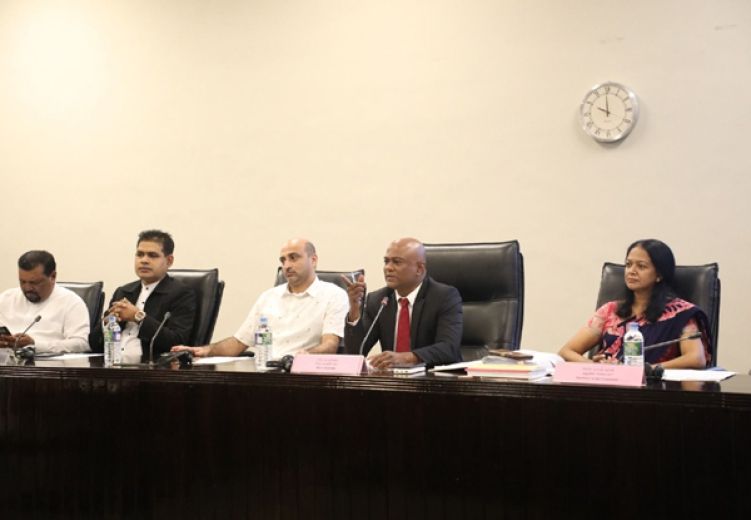Introduction of digital service tax for e-businesses

In a recent discussion held by the Select Committee on Ease of Doing Business Index (17.06.2023), urgent steps were identified to regulate internet-based business activities and ensure tax compliance among companies involved. Chaired by Hon. Madhura Withanage, the committee addressed the practical challenges in enhancing Sri Lanka's ranking in the Ease of Doing Business Index, particularly in light of the growing gig economy and online business transactions.
One significant issue highlighted during the discussion was the tax evasion by foreign companies conducting online business in Sri Lanka. It was revealed that substantial amounts of money were being transferred to foreign bank accounts without proper taxation. To address this concern and foster a level playing field, the committee stressed the need to establish a common business environment for both local and international companies engaged in internet-based activities.
To achieve this, the committee proposed the introduction of a legal framework designed to regulate online businesses. This framework would encompass provisions for a digital service tax, which aims to ensure fair taxation of online transactions. By implementing this tax, the government seeks to not only promote tax compliance among foreign companies but also encourage more internet-based businesses to invest and operate within the country.
The urgency of these measures is reinforced by Sri Lanka's standing as one of only four countries, alongside Pakistan, Kenya, and Nigeria, that has not signed the Global Corporate Tax Agreement. Signing this agreement would strengthen international cooperation in addressing tax challenges arising from economic digitization.
Moreover, the committee recognized the potential of digital transactions to propel economic growth and reduce reliance on physical currency. Chairman Withanage advised the committee to submit a report on the Central Bank's plan to promote digital transactions as a viable alternative to printing and issuing currency notes. It is estimated that this shift could save the country approximately 3.2 billion annually.
The committee meeting witnessed the participation of key stakeholders, including heads of commercial banks, representatives from local and foreign online companies, credit card companies, central bank representatives, and government officials from various ministries. Their insights and expertise contributed to the formulation of recommendations and proposals.
In conclusion, Sri Lanka's efforts to enhance its Ease of Doing Business Index ranking and stimulate economic growth now focus on regulating internet-based business activities. The proposed legal framework, including the introduction of a digital service tax, aims to ensure tax compliance and create a conducive environment for online businesses. By fostering a fair and transparent business environment, Sri Lanka seeks to attract more internet-based companies and drive economic development in the digital age.
What is a Gig Economy : Read Gig Economy




